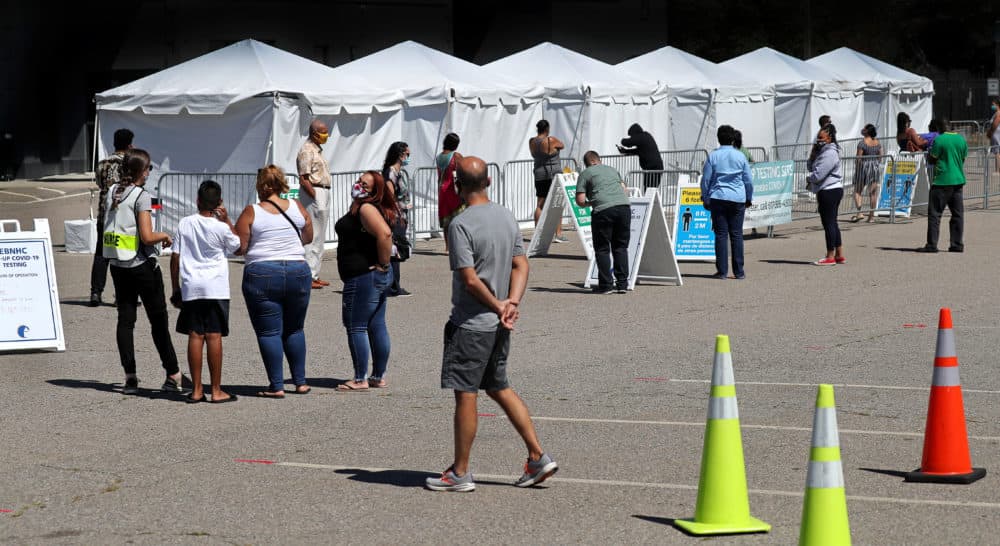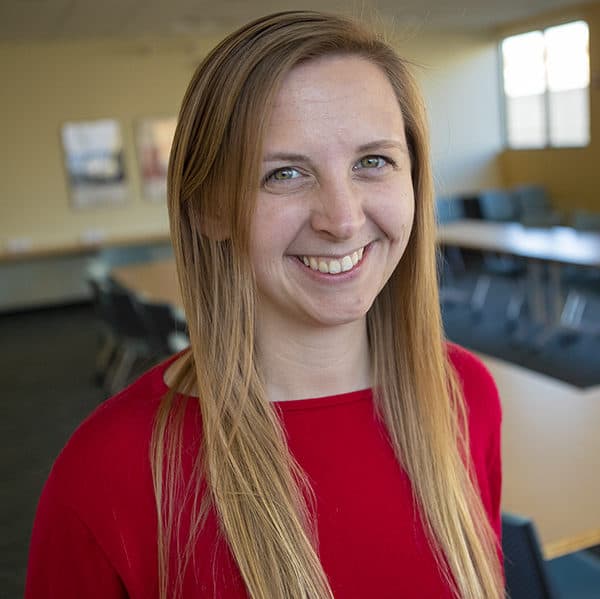Advertisement
Coronavirus Coverage
Walsh Says Coronavirus Testing Is Up 8% In Boston. Here's Why The Mayor Wants Even More

City officials in Boston are continuing to urge people to get tested for the coronavirus.
The city's seven-day positive test rate was 7.2% for the week ending on Oct. 31, down slightly from 8% the week before. There is still a 10% positive test rate in Dorchester, Mattapan and East Boston.
"We increased testing and at the same time we saw fewer total positive tests," Mayor Marty Walsh said at a press conference Thursday.
He is advocating for increased testing as a way for the city to get a better understanding of where transmission is occurring. Since announcing the push last week, Walsh says the city saw an 8% increase in the number of people getting tested.
There are two mobile testing sites where residents can be tested regardless of symptoms in addition to 30 other testing sites across the city.
Boston's Health and Human Services Chief Marty Martinez says we're seeing a disproportionate impact among the Latino community — a shift from earlier in the pandemic when there was a heavier impact on the Black community. The city is also seeing the average age of those testing positive drop, with those under 39 making up the "overwhelming majority" of cases, according to Martinez.
He says transmission is occurring across a range of different interactions.
"There's not just one scenario, but it's a lot of scenarios," Martinez said at Thursday's press conference. "It includes people who are still going to work then who are coming home ... and living in multigenerational homes, who are infecting other people in their houses. We see folks having small gatherings in their home ... three, four or five people. We see folks getting it from being out and about."
Martinez, speaking on WBUR's Morning Edition Friday, says we need to get ahead of and respond to the rising trend over the past few weeks.
"The way we would get ahead of things is to really look at what are the risks associated with the spread in the community, where is it happening, and how can we really examine some of the restrictions that are out there, some of the things that we've reopened, and some of the areas that we need to make sure we're pressing the prevention message."
Martinez says the city wants to get students back in the classroom. (At the end of October, Boston Public Schools returned to fully remote learning until infection rates drop below 5% for two consecutive weeks.) "In order to do that, we need to slow the spread elsewhere — look at all possible restrictions that might need to happen."
With increased testing, delaying the next phase of reopening and the state's new stay-at-home advisories, Walsh said Thursday that he's "hopeful" the city will not have to shut down again. Still, he said "we'll have to deal with that at that point" if numbers continue to rise in the next two to three weeks.
Martinez echoed that Friday, telling WBUR that the city is looking at its reopening efforts and restrictions, but wants to "really make sure that we are making decisions based on what the data shows us is the spread of the virus, and also what we could do to slow it down and prevent it."
New state-wide advisories go into effect at 12:01 a.m. on Friday. They limit indoor gatherings at home to 10 people, and outdoor gatherings to 25 people. They also include a stay-at-home advisory between 10 p.m. and 5 a.m. and require that some businesses close by 9:30 p.m.
This article was originally published on November 05, 2020.
